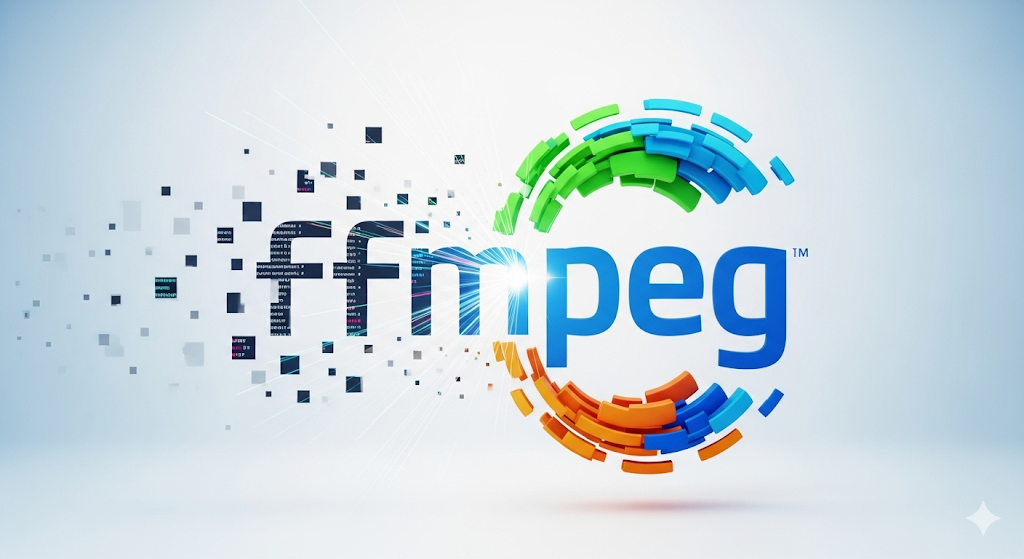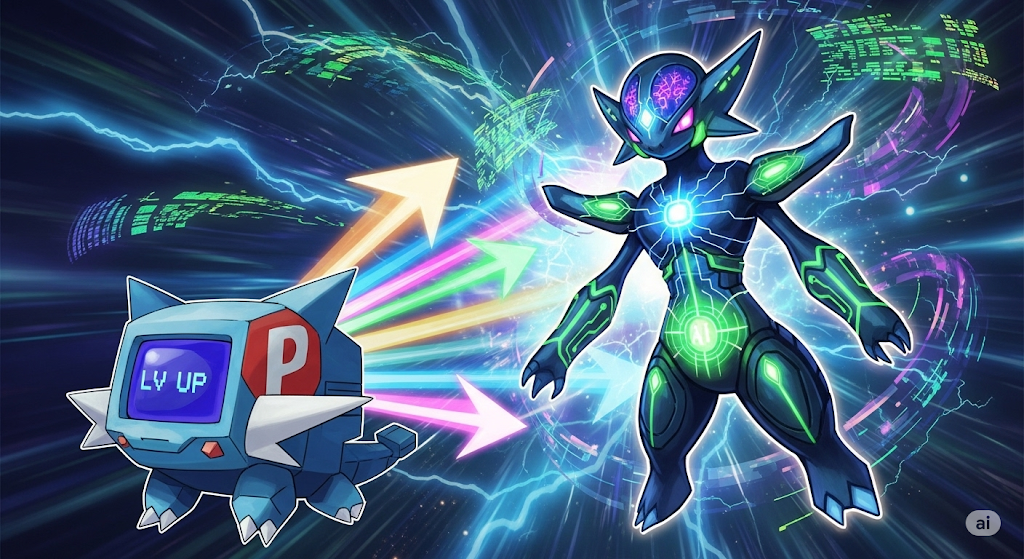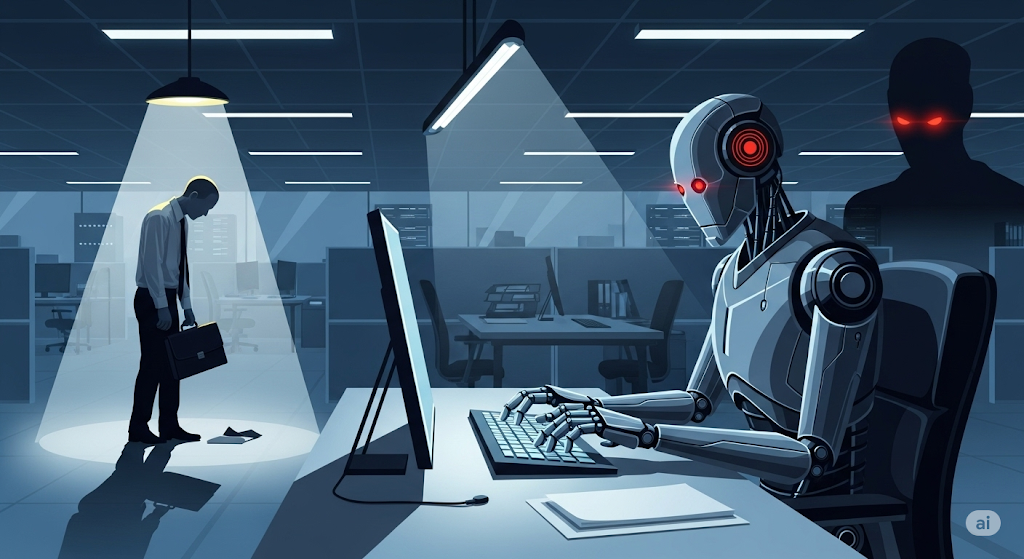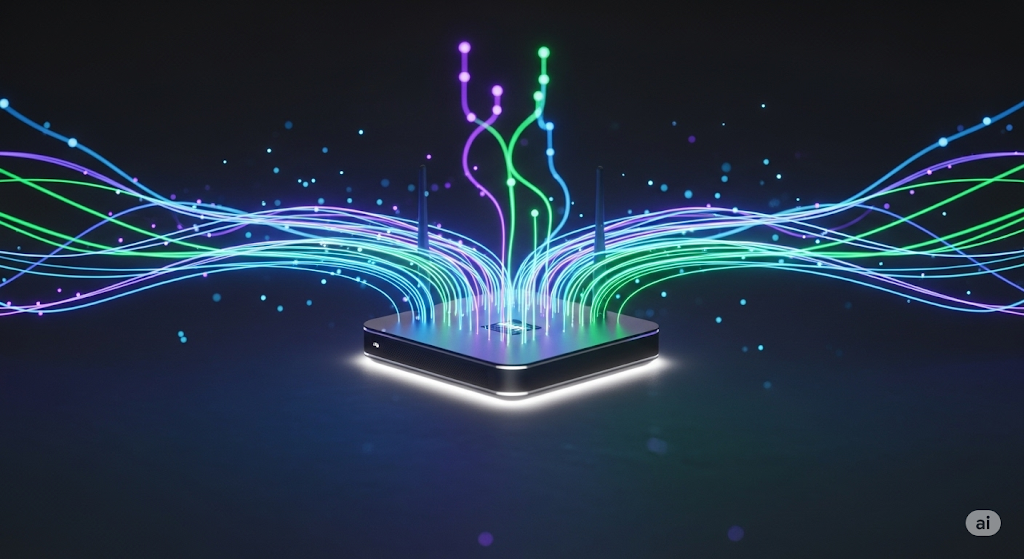Alright, cord-cutters; grab your remotes (the legal ones, for now) because things are about to get spicy. The old guard of broadcast TV, the folks who own your local ABC, CBS, Fox, and NBC stations, apparently feeling a bit left out in the streaming world’s party. They’re whining to the FCC; begging them to force Roku, Samsung, and other streaming device makers to redesign their remotes and menus. Why? Because apparently, finding their free, over-the-air signals is too hard for the masses these days. Are they serious? Is this really the battle they want to fight in the age of Netflix and TikTok? Let’s dive into the digital dumpster fire and pick out the juiciest bits.
Talking Points (the stuff the suits want you to know):
The Goal: Make it easier for viewers to find local broadcast channels on streaming devices. For the public good
The Argument: Current remote designs and menus bury local channels, hurting viewership and advertising revenue.
The Proposed Solution: Force streaming platforms to prioritize local channels in their interfaces.
The Think of the Children Angle: Ensuring access to important local news, weather, and emergency information, for you, the good and dutiful citizen.
The Subtext: We’re losing money! Help!
Critical Questions (the stuff they don’t want you to ask):
- Whose responsibility is it, really, to ensure discoverability? Is it the broadcasters’ job to adapt to modern technology, or is it Roku’s job to prop up a dying industry? Should Netflix have to promote BlockBuster Video so that they also have an equal playing field.
- Isn’t this just a desperate attempt to cling to outdated business models in the face of unstoppable technological advancement? Like trying to sell stone tablets when everyone else is rocking iPads?
- If local channels are so essential and vital, why aren’t they investing in better streaming apps and more user-friendly interfaces themselves? Why make roku put them front and center? Seems a little like laziness.
- How far can government intervention go before it stifles innovation and consumer choice in the streaming market?
- What happens after this, when they want the power to control streaming quality, so it matches the feel of broadcast?
Seriously, folks, let’s unpack this box of ridiculousness. The broadcasters are essentially demanding that Roku and Samsung give them preferential treatment. It’s like showing up to a party and demanding the DJ play your grandpa’s polka music, even though everyone else is trying to dance to Lizzo. But whose responsibility, honestly, to make content discoverable? Shouldn’t the local networks, which are all available for free over-the-air, maybe embrace modern streaming tech themselves? How hard is it to develop a Roku App? Pretty simple. I mean they are probably all sitting on billions of dollars in assets. Netflix puts its money where its mouth is. They are doing just fine. These broadcasters are trying to guilt the consumer into thinking about local news, so that their profit margins will be okay. Gross.
The argument that they need this boost so they can deliver vital local news and emergency information is particularly hilarious. Come on. We all know the local news spends 80 of its airtime showing car crashes and interviewing people who saw something kinda weird. If the emergency is that vital, it won’t take an act of congress to stream it online. Just start a twitch channel for crying out loud.
Plus, let’s be real. Aren’t these the same companies that shoved annoying pop-up ads and endless commercial breaks down our throats for decades? Now they want to lecture us about public service? As if the only way to view the local broadcast is through a Samsung.
And what about innovation? Should platforms like Roku and Samsung be forced to redesign their entire operating systems around the desires of a handful of broadcasters? That’s like telling a chef he has to put ketchup on every dish because some tomato magnate is feeling left out.
If this grab for power is successful, where does it end? Will internet connections be prioritized so every home has crystal clear over-the-air streaming for you the good citizen?
In conclusion, this whole saga is basically a bunch of TV executives throwing a tantrum because their old ways of making money are fading away. The good old days of cord cutting are gone, but that should mean adapting to change.
So, what do you think? Should tech companies kneel to the demands of the old guard? Or is this just another example of dinosaurs refusing to accept the asteroid? Let me know in the comments, but please, try to keep it civil…ish.











Leave a Reply